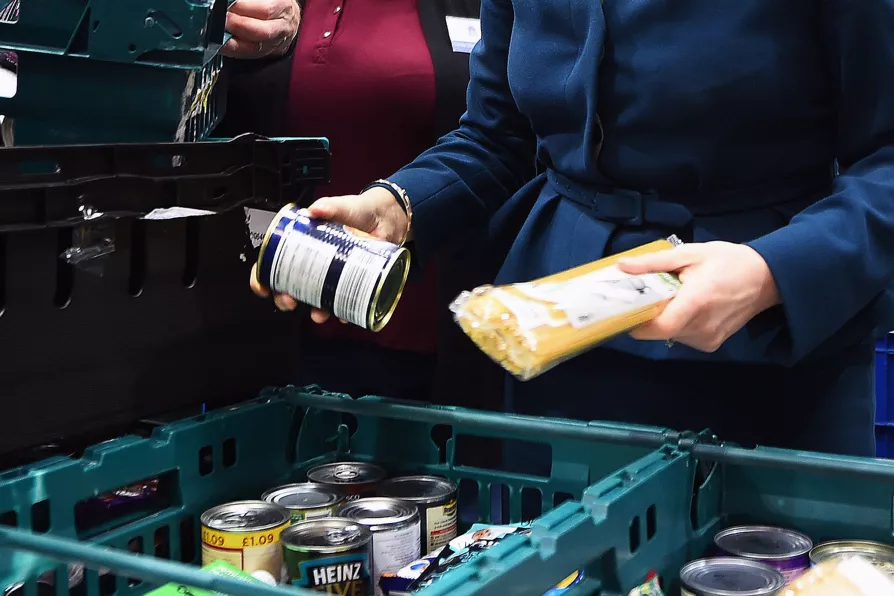Hundreds protested against the US-Israel attacks on Iran in Parliament Square on Saturday, fearing a wider conflagration and horrified by the targeting of young schoolchildren, writes LINDA PENTZ GUNTER

 A foodbank
A foodbank
CHALLENGE Poverty Week was held in Scotland earlier this month.
Co-ordinated by the Poverty Alliance, the initiative was supported by hundreds of organisations raising our collective voice against poverty.
The STUC, my own union branch, Unison Scotland and Aberdeen Trades Union Council were all proud to join this initiative.

Ahead of next year’s parliamentary elections, ROZ FOYER warns that a bold tax policy is needed to rebuild devastated public services which can serve as the foundation of a strong, fair economy

RUBY ALDEN GIBSON believes Scottish parliament has enough powers to curtail Westminster Labour’s savage attack on welfare

Tackling poverty in Scotland cannot happen without properly funded public services. Unison is leading the debate











